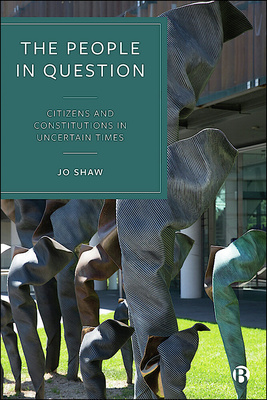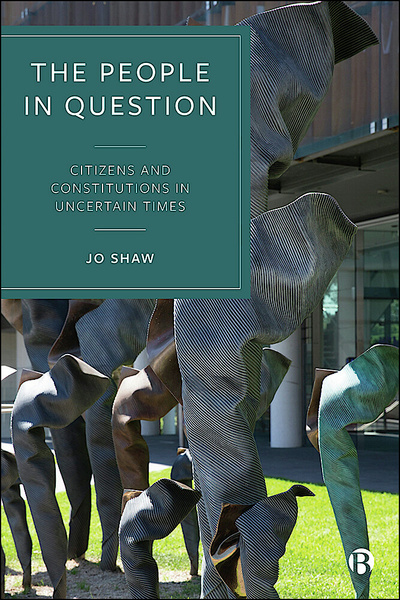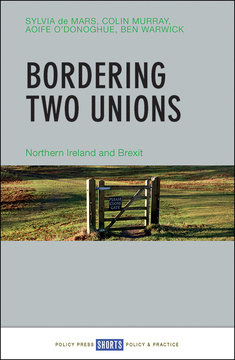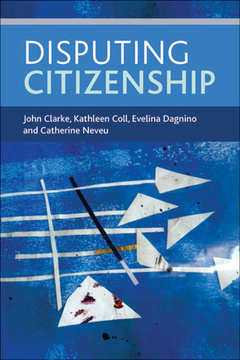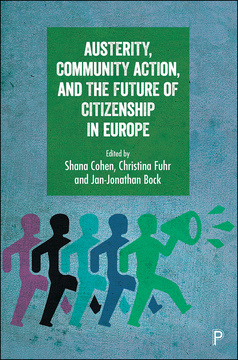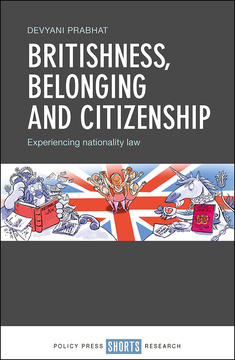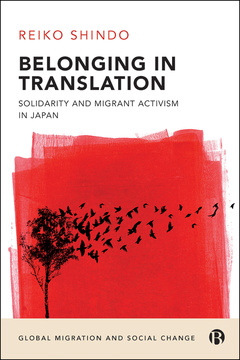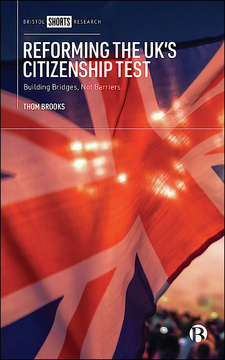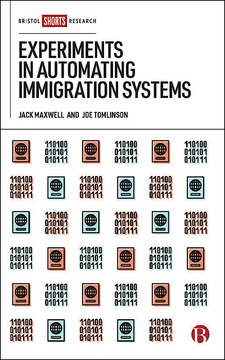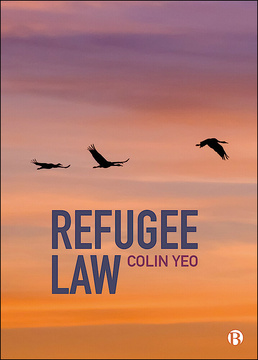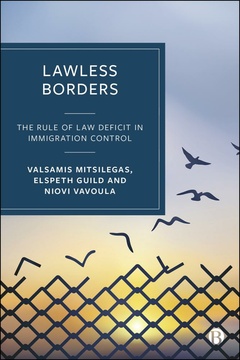Published
13 Oct 2021Page count
336 pagesISBN
978-1529210422Dimensions
234 x 156 mmImprint
Bristol University PressPublished
2 Jun 2020Page count
336 pagesISBN
978-1529208894Dimensions
234 x 156 mmImprint
Bristol University PressPublished
2 Jun 2020Page count
336 pagesISBN
978-1529208917Imprint
Bristol University PressPublished
2 Jun 2020Page count
336 pagesISBN
978-1529208917Imprint
Bristol University PressRead the introduction to The People in Question for free here
In the media
On our blog: The people and the pandemic
At a time of rising populism and debate about immigration, leading legal academic Jo Shaw sets out to review interactions between constitutions and constructs of citizenship.
This incisive appraisal is the first sustained treatment of the relationship between citizenship and constitutional law in a comparative and transnational perspective.
Drawing on examples from around the world, it assesses how countries’ legal, political and cultural processes help to determine the boundaries of citizenship.
For students and academics across political, social and international disciplines, Shaw offers an accessible response to some of the most pressing international questions of our age.
“A broad-ranging tour de force that elegantly and uncompromisingly guides the reader through various battles of belonging, all waged under the auspices of constitutional law.” Oxford Journal of Legal Studies
“Tackles hitherto under-explored dimensions of citizenship, offering a subtle, but convincing, rebuttal of its ‘fashionable’ negative treatment, while encouraging others to join in the ship-building task.” Helen Irving, Sydney Law School in the GLOBALCIT Review Symposium
“It is liberating to read this book, which straddles so much research and yet finds its own multi-scalar analytical space…. [Jo Shaw] is signposting the freeway for future research. I, for one, will take advantage of this freeway.” Journal of Law and Society
"This is a deeply learned, comprehensive analysis of constitutionalism’s foundational questions: for whom, among whom, by whom? It is 'CITIZENSHIP' that has served as axiomatic response in the modern period; yet Shaw demonstrates that citizenship’s institutional structures are endlessly convoluted, and its efficacy and normative and conceptual moorings are always contested, both within and across national states." Linda S. Bosniak, Rutgers Law School
"Democratic constitutions invoke citizens as the ultimate source of political authority. Yet the link between constitutionalism and citizenship has been surprisingly neglected so far. In her magisterial treatise, Jo Shaw paints a sweeping panorama of the global landscape of 'constitutional citizenship' in all its manifold and contradictory manifestations." Rainer Bauböck, European University Institute
“On writing my first academic piece on citizenship twenty-five years ago, the first place I went to begin my analysis was my country’s Constitution. Jo Shaw’s book provides a much-needed assessment of the foundational relationship between citizenship and constitutional law. It is a comprehensive gathering of examples from throughout the globe and engages and analyses vital questions around the frontiers of citizenship. This will be a valuable and appreciated text for students, scholars and policy makers.” Kim Rubenstein, University of Canberra
Jo Shaw holds the Salvesen Chair of European Institutions at the University of Edinburgh and is a part-time professor in the New Social Research programme of Tampere University in Finland.
Part One ~ Setting the Scene
Introduction
What Is ‘Constitutional Citizenship’ and How Can We Approach It?
Part Two ~ Constitutional Citizenship Unpacked
Picking Out the People: Ideals and Identities in the Citizenship / Constitution Relation
The Acquisition and Loss of Citizenship in a Constitutional Context
Filling Out Citizenship: Citizenship Rights, Constitutional Rights and Human Rights
Part Three ~ Citizenship Under Pressure: National and Global Tensions
The Populist Challenge to Constitutional Citizenship: The Closing of Discursive Space
Shifting Spatialities of Citizenship
Conclusions







